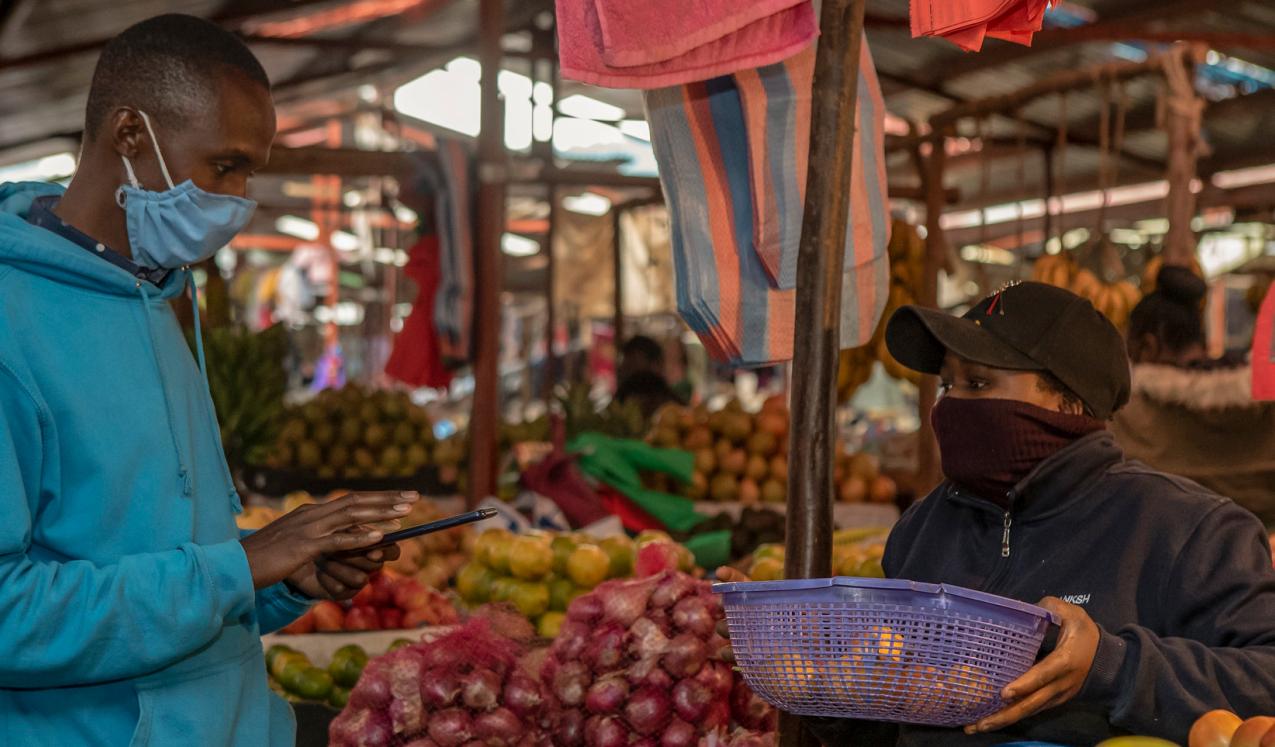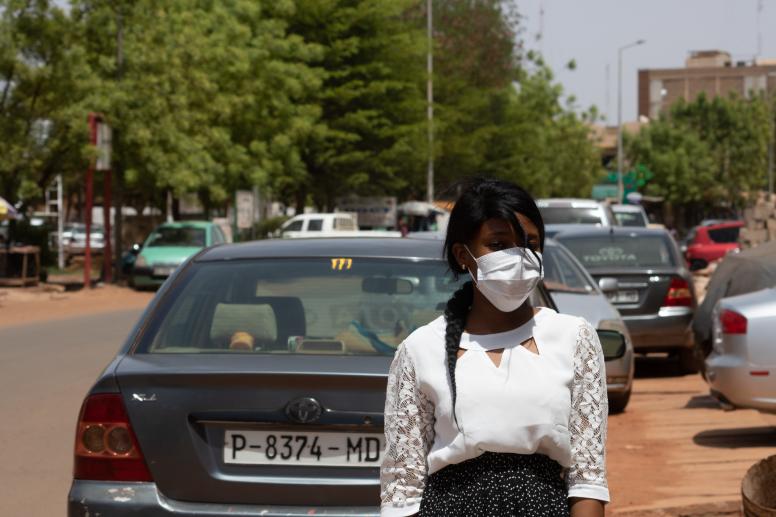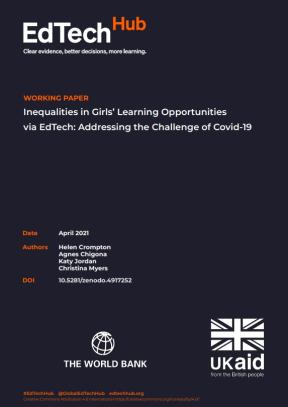
- Blog
- 15 June 2020
Teasing apart the relationship between family planning and Covid-19
- Author: Sarah Castle
- Published by: ALIGN
The global Covid-19 pandemic has disrupted every aspect of life for women, including their livelihoods, their gender relations and their access to health and other services at a time of high risk.
In general, family planning experts have sounded an alarm that the provision of contraception advice, delivery of products and services, and the supply chains for commodities have all been disrupted by the pandemic and require specific attention and support during the recovery effort.
This is compounded by the specific gendered effects of Covid-19 on women. A statement by the International Medical Advisory Panel (IMAP) on Covid-19 and Sexual and Reproductive Rights notes that women and girls may face a greater risks of infection as they tend to be the main caretakers for elderly family members who are particularly vulnerable to Covid-19, as well as for children. Women often work as traders in crowded marketplaces where the virus is likely to thrive.
In addition to these gender-related risks, women also face socio-cultural responses to the virus including myths and rumours that compound the challenges they already have to deal with in relation to family planning.

In Mali for example, some people do not declare their infections for fear that their whole extended family will be forced to self-isolate and that they will be 'blamed' for any resulting loss of trade for their relatives. This ‘hiding’ of infection may, of course, not only increase community transmission but also, at a facility-level, put family planning providers and those using their services in danger. Others believe that the virus does not exist at all, or that protective face masks are, in fact, contaminated with infective droplets. And in Fiji, travel restrictions have increased the risk of women giving birth without medical care and has impacted access to contraception and support for sexual and gender-based violence.
Early evidence suggests that effective strategies by governments, international non-governmental organisations and local actors require organisational cultures that build and restore trust. They must also motivate, empower and promote collaboration, while tailoring responses to specific country-level capacity and priorities. The overall response to all of these issues by the sexual and reproductive health (SRH) community can draw on lessons that have already been learned in humanitarian or disaster settings, whilst still aiming to ensure service quality.
The World Health Organization (WHO) has issued guidelines on protecting essential services, but women face service provision, economic and socio-cultural challenges that may have a major impact on supply and demand for family planning – an impact that is likely to have a devastating effect on uptake and outcomes. It is estimated that Covid-19 will lead to a 10% proportional decline in the use of short- and long-acting reversible contraceptive methods in low- and middle-income countries. To put that into perspective: this will leave an additional 49 million women with an unmet need for modern contraceptives which will, in turn, result in an additional 15 million unintended pregnancies over the course of a year.
The relationships between Covid-19 and family planning are complex and need to be teased apart with care. The virus is likely to affect family planning providers, who tend to be female and who are unlikely to have adequate protection, as well as users. The situation may also increase demand for family planning if people want to space or stop pregnancies as the prices of everyday foodstuffs skyrocket.

contraception has been affected
by the Covid-19 pandemic.
©Sarah Castle
Family planning services are likely to change significantly – if local and national capacity allows – in order to maintain provision in the context of Covid-19. At a recent Family Planning (FP2020) webinar, participants signalled the need for major changes, including:
- using telemedicine and/or social media for messaging (or radio, community messages in areas unreached by social media)
- issuing contraceptives without prescription and ensuring advance provision of bridging methods (such as 6-12 months’ supply of pills)
- making self-injecting methods available as well as emergency contraception and,
- creating or strengthening referral networks for victims of sexual and gender-based violence.
Evidence from the Population Council in Kenya and Bangladesh also notes that women have needed to access food and credit during the pandemic because restrictive response measures have curtailed their economic activities. This underscores the importance of a holistic response that draws on or creates local partnerships that look beyond SRH during the crisis.
The impact of Covid-19 has been found to disrupt supply chains and national and local stocks of contraceptives, particularly long-acting methods. Coupled with other access issues, such as economic hardship and a lack of public transport to reach facilities, these challenges could increase the number of unplanned pregnancies and subsequent unsafe abortions.
Finally – and unfortunately – gender-based violence appears to be increasing in both developed and developing countries as living conditions become harsher and perhaps more confined and as male unemployment increases in both formal and informal sectors. Under such circumstances, SRH services need to establish or reinforce links to structures that can address this issue. The United Nations Population Fund (UNFPA) notes that social protection systems and measures put in place by governments need to address gendered risks over the course of the outbreak, as they play a vital role in protecting women and their families from poverty and insecurity, help them to cope with disease outbreaks in the short-term, and to recover from other economic and social shocks in the longer-term, while promoting and protecting their rights.
About the author

Sarah can be contacted directly on [email protected] about her work and you can follow updates from Sarah on Twitter.
Related resources
Blog
7 January 2022

Blog
29 September 2021

Briefing paper
22 April 2021
